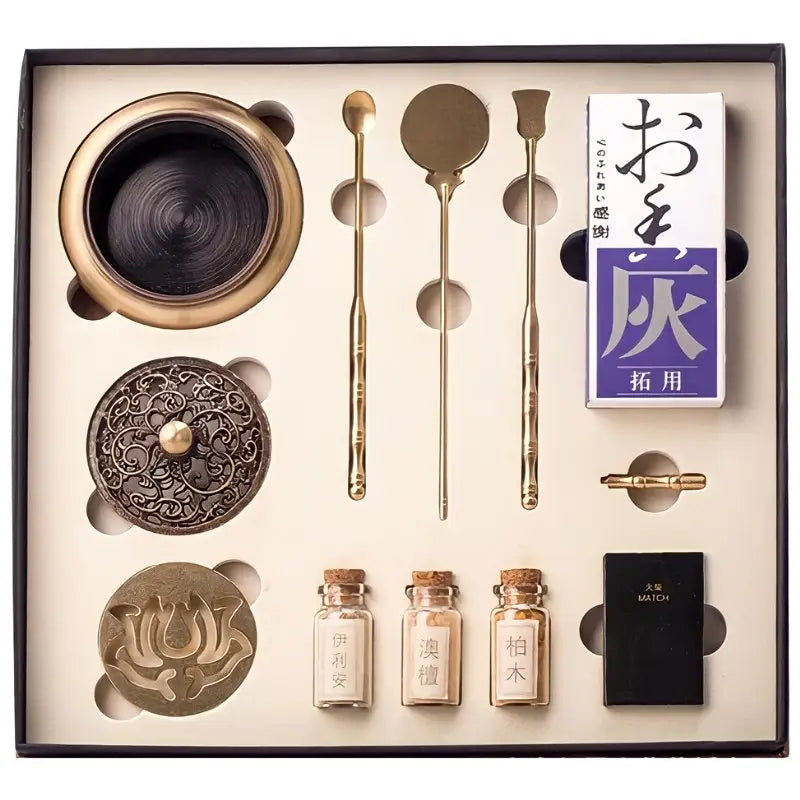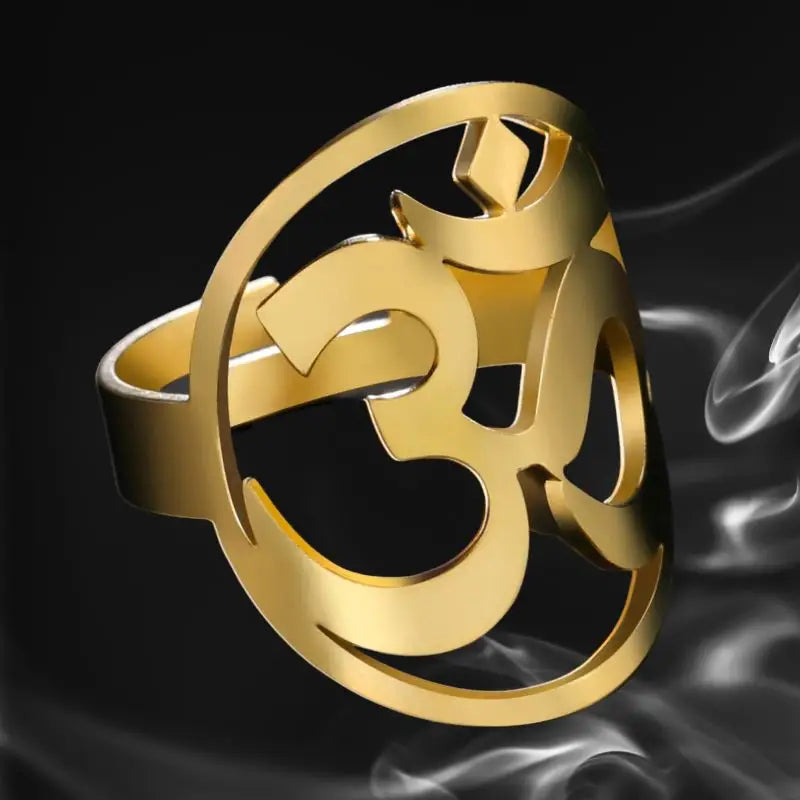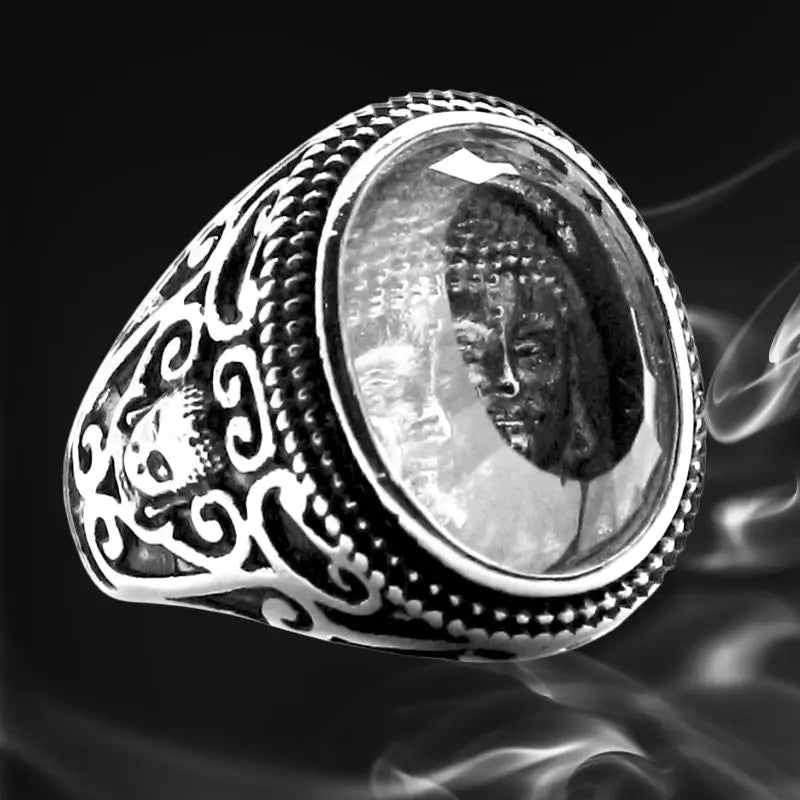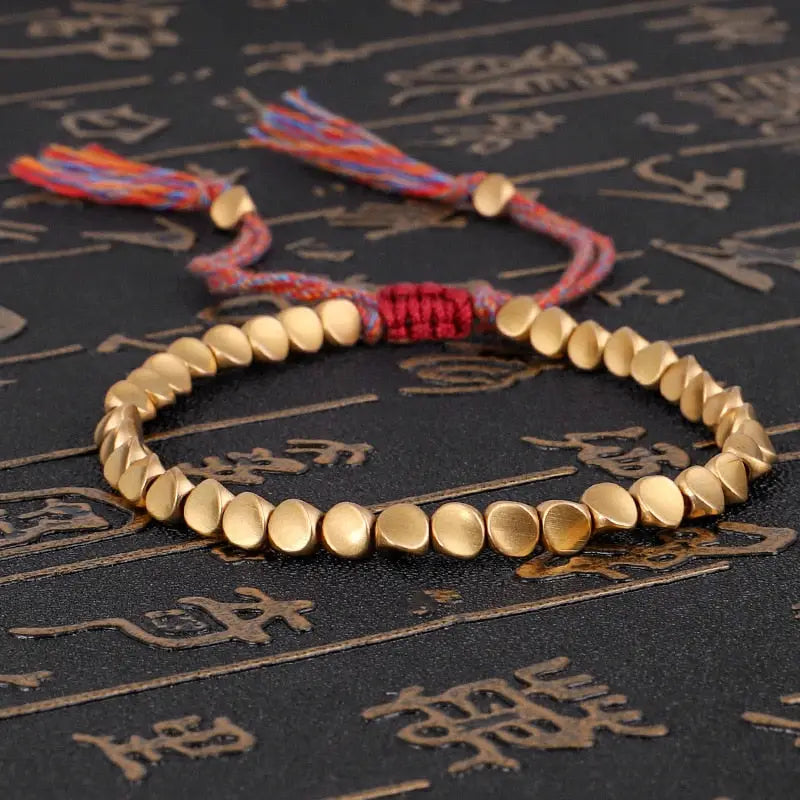What is the name of the community of Buddhist monks?
The Sâmaneras
The Sâmaneras are the novices of the community of Buddhist monks. They are disciples preparing to become fully ordained monks. The Sâmaneras often wear a white robe to distinguish them from fully ordained monks. They undergo spiritual training and learn Buddhist precepts and practices under the guidance of a more experienced monk.
The Sâmaneras live a simple and disciplined life, devoting themselves mainly to study and meditation. They learn to let go of material attachments and cultivate qualities such as compassion, kindness and patience. The novitiate period varies according to Buddhist traditions, but it generally lasts several years.
The daily life of the Sâmaneras
The Sâmaneras follow a strict daily schedule that includes periods dedicated to meditation, study of sacred texts and daily tasks. They participate in Buddhist rites and ceremonies, and often assist fully ordained monks in their spiritual responsibilities.
During their novitiate period, the Sâmaneras undertake to observe the five precepts of Buddhism: not to kill, not to steal, not to lie, not to abuse sensual pleasures and not to consume intoxicating substances. They also work to develop qualities such as generosity, patience and tolerance.
The Sâmaneras are encouraged to read and study Buddhist texts, as well as to meditate regularly. They also receive teachings from an older monk, who guides them on their spiritual journey and answers their questions.
The ordination ceremony of the Sâmaneras
Once Sâmaneras have completed their novitiate period and are ready to become fully ordained monks, they must participate in an ordination ceremony. This ceremony is an important moment in the life of a Sâmanera, as he officially renounces secular life and becomes a full-fledged Buddhist monk.
The ordination ceremony often involves symbolic rituals, such as the shaving of hair and eyebrows, and the wearing of monk's robes. The Sâmaneras also receive a new spiritual identity with a Buddhist monk name. This name symbolizes their new life in the monastic community and can be chosen by the monk who ordains them or by themselves.
Once ordained, fully ordained monks are responsible for their own spiritual practice and follow the rules and precepts of Buddhism strictly. They continue to live in community with other monks and play an important role in the preservation and transmission of the Buddhist tradition.
The Bhikkhus
Bhikkhus are fully ordained Buddhist monks who have taken monastic vows to follow the precepts and teachings of Buddhism. The term "Bhikkhu" means "beggar" in Pali, emphasizing material renunciation and commitment to living a life detached from material goods.
The Bhikkhus follow a series of monastic rules called "Vinaya" which guide their conduct and spiritual practice. These rules regulate every aspect of the monks' lives, from the food they can eat to the clothes they can wear. Bhikkhus are also required to live in a monastic community and practice charity and generosity towards others.
The rules of Vinaya for Bhikkhus
The Vinaya is a specific code of conduct for Buddhist monks. It includes rules regarding food, clothing, community living and spiritual practice. Bhikkhus are required to follow these rules to maintain the purity of their practice and their commitment to Buddhism.
For example, Bhikkhus cannot eat after noon. They receive their food by begging every day and cannot own money or personal property. They must also comply with a series of rules regarding moral conduct, such as abstaining from violence, theft, drug use and alcohol.
The Bhikkhus wear saffron-colored robes to identify them as Buddhist monks. They shave their heads and eyebrows, symbolizing their renunciation of material pleasures and their commitment to the Buddhist path.
Community life of the Bhikkhus
The Bhikkhus live together in monasteries or hermitages, forming a community called "Sangha". They follow a strict schedule that includes periods of meditation, recitation of sacred texts and community tasks.
Community living is an important part of Buddhist practice for Bhikkhus. They help each other in their spiritual journey and support each other. Living in community also offers them the opportunity to learn from each other and share their wisdom and teachings.
The Bhikkhus are responsible for the preservation and transmission of Buddhist teachings. They play a central role in the Buddhist community by teaching, guiding lay practitioners, and performing religious rituals and ceremonies.
The Bhikkhunis
Bhikkhunis are fully ordained female Buddhist monks. The term "Bhikkhuni" refers to women who have taken monastic vows and follow the teachings and rules of Buddhism.
The Bhikkhunis follow the same monastic rules as the Bhikkhus and also live a life of renunciation and spiritual practice. Bhikkhunis play an important role in the preservation and transmission of Buddhist teachings and constitute a distinct community within the Buddhist Sangha.
The origins of the Bhikkhunis
The Bhikkhunis were originally ordained by the Buddha himself, who established the order of the Bhikkhunis to enable women to enter the Buddhist path and to practice renunciation and liberation. The first Bhikkhunis were women who renounced secular life and joined the Buddhist Sangha.
Over the centuries, however, the order of Bhikkhunis has encountered difficulties and it has not been maintained in all Buddhist traditions. There have been attempts to reinstate women's ordination in some Buddhist communities, but this remains a challenge in many regions.
However, there are communities of Bhikkhunis in some regions who preserve the order of women in Buddhism and play an important role in transmitting Buddhist teachings.
The life of the Bhikkhunis
The Bhikkhunis live a life similar to that of the Bhikkhus. They follow the same monastic rules of Vinaya and practice meditation, the study of sacred texts and commitment to the community.
The Bhikkhunis also wear saffron-colored robes and shave their heads and eyebrows. They live in communities in female monasteries and participate in Buddhist rituals and ceremonies.
The life of Bhikkhunis is similar to that of Bhikkhus, but they may also face specific challenges and obstacles as ordained women in a tradition often dominated by men. However, they play an essential role in the Buddhist community as teachers, spiritual guides and guardians of Buddhist teachings.
Conclusion
The community of Buddhist monks includes the Sâmaneras, the Bhikkhus and the Bhikkhunis. The Sâmaneras are the novices preparing to become fully ordained monks, while the Bhikkhus and the Bhikkhunis are the fully ordained monks following the rules and the teachings of Buddhism.
These monks devote themselves to spiritual practice, meditation and the study of sacred texts. They live a disciplined life, renouncing material possessions and devoting themselves to the search for liberation and enlightenment. They play a central role in preserving and transmitting Buddhist teachings, guiding lay practitioners and performing religious rituals and ceremonies.
The Sâmaneras become fully ordained monks through an ordination ceremony, while the Bhikkhus and Bhikkhunis follow the rules of Vinaya and live in community in monasteries. Bhikkhus and Bhikkhunis also play specific roles in preserving Buddhist traditions, as guardians of teachings and practices.
Together, these different members of the Buddhist monastic community embody the aspirations of Buddhism and work to achieve liberation and enlightenment for the benefit of all beings.















































